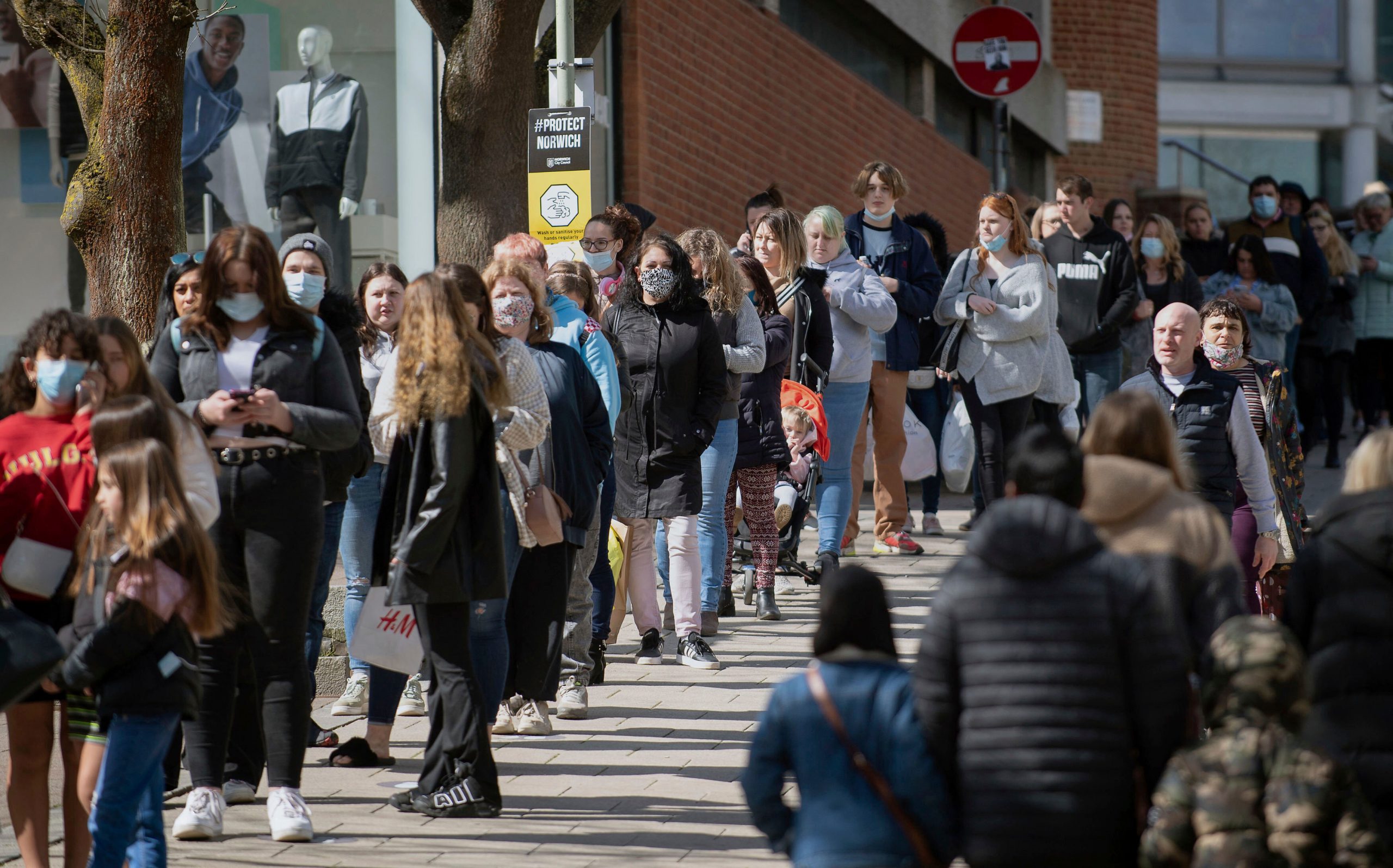British Prime
Minister Boris Johnson on Monday confirmed July 19 as the “terminus date” for the
lockdown restrictions in the country. Johnson confirmed plans for reopening of across
most of the country from next week, but also urged citizens to remain vigilant
as the “pandemic is not over”.
“This
pandemic is not over. It continues to carry risks for you and your family, we
cannot instantly revert to life as it was before COVID from July 19,” Johnson
said at a virtual briefing.
Here is all
you need to know about the changes coming into effect from July 19:
The
announcement today
The plans
for the final stages of unlocking in the country from July 19 was confirmed. Pretty
much every domestic restriction will be lifted and businesses will be allowed
to open without any capacity limits, according to The Guardian. Mask-wearing
and social-distancing mandates will be left up to the people.
Also Read | All you need to know about long COVID
Mandatory
restrictions that will stay in place
Only a few
of these will remain. People will still need to self-isolate if they contract
the virus, or if they have been in close contact with someone who has. However,
the latter will only stay in place until August 16 for those under the age of
18 and those who have been fully vaccinated at least 10 days before the contact.
Border restrictions will also stay in place.
Also Read | Risk of death, severe illness from COVID in children very low: UK study
Can people
return to workplaces?
Downing
Street said they “expect and recommend” a gradual return to offices, at least
for people who can still work from home. The government will also reveal a six-pointer
workplace guideline for the next stages of unlocking of various different
sectors. However, employees with a compromised immune system or who are clinically
vulnerable will have no right to demand work from home and will be encouraged
to liaise with their employers.
What about
nightclubs and other mass events?
People will
be encouraged to produce COVID passports for the so-called ‘larger’ events, or
the ones where a large number of people will gather indoors. People will have
to prove they have been fully vaccinated for at least 10 days, or have to produce
a COVID negative or a recent antibody test. Apart from bars and pubs, ‘larger
events’ could also cover football matches.
Also Read | Is excessive cleaning giving us a false sense of security against COVID?
However,
there is nothing stopping owners of nightclubs from ignoring COVID certificate
rules and officials say that from July 19, establishments can pack in any number
of customers.







